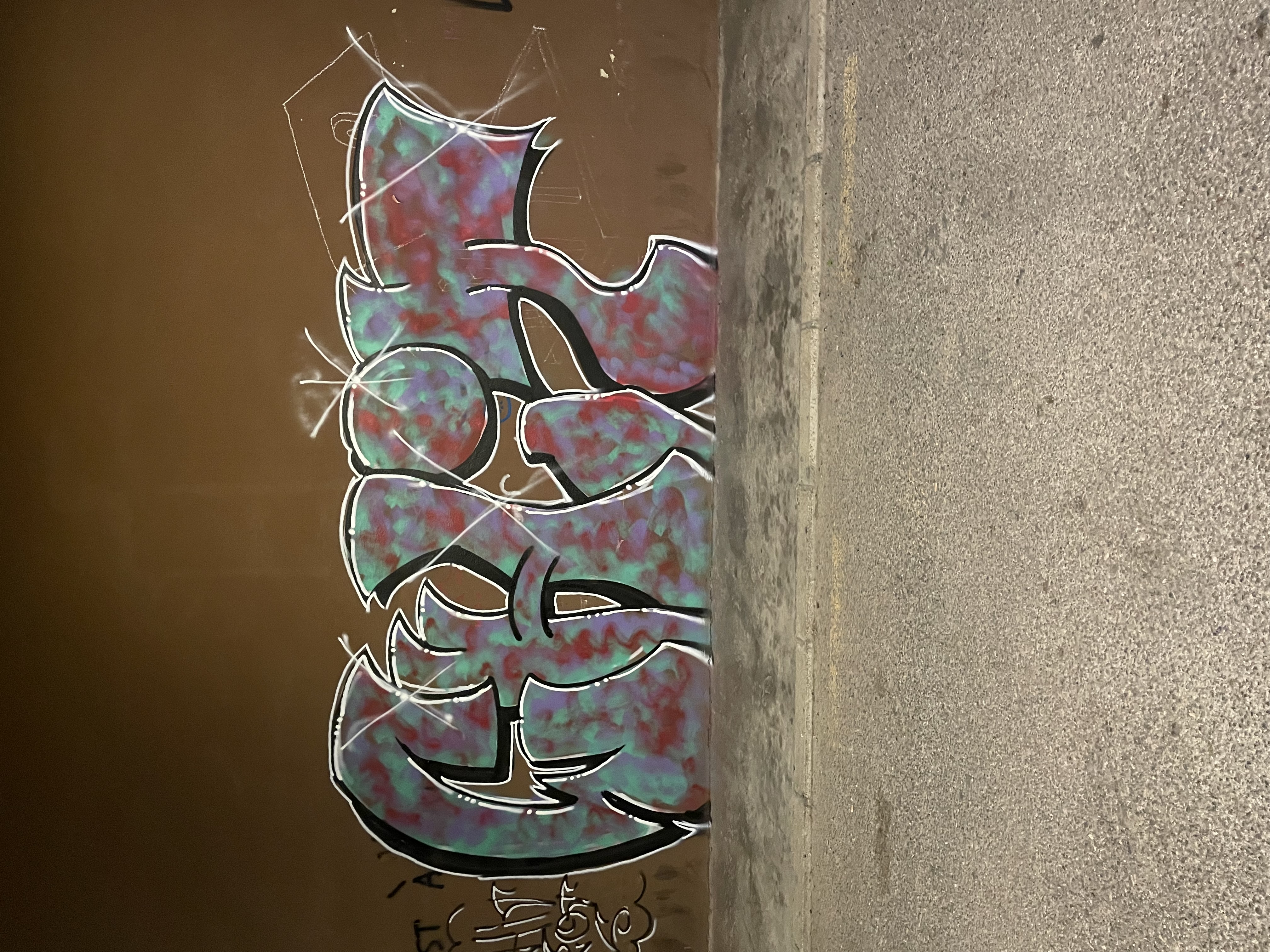Παρουσίαση/Προβολή

Critical Theories and Ethnographies of Precarity, Precariousness and Care (ERASMUS+)
(520252) - Nelli Kambouri
Περιγραφή Μαθήματος
Although we encounter very often the words precarity, precariousness and care, it is not always clear what they mean. The concept of precarity is often used as identical with work insecurity, poverty, and social exclusion and is closely linked to the crisis of welfare states and the crisis of care in Europe and the USA, while it is not uncommon to treat precarity as a concept that is almost identical with the violence of displacement and uncertainty that migrants and refugees experience in a turbulent world. Is precarity a new phenomenon, which affects some social groups that are deprived of access to welfare and protection? As the genealogies of gender and race demonstrate, precarity cannot be understood if it is limited to the short historical period of the development of welfare states in a small part of the world or if it is restricted only to marginalized social groups within western states. Τhis course focuses on the ways in which we can think of precarity and precariousness in a broader and more complex political context, which runs across multiple spaces and bodies and produces the conditions to rethink the political as interdependence between us, the societies and the environment that surrounds us. Starting with the distinction between precarity and precariousness, the course explores the different meanings that we assign to precarity/precariousness in contemporary critical and feminist thought and the ways in which this has been connected to the care of the self and care as a collective practice of resistance. In parallel, the course examines multiple texts, especially ethnographic research but also political texts, that demonstrate the multiplication of different forms of precarity and precariousness (labour, housing, environmental, psychological, migration and gendered), while at the same time it deals with concrete examples of liminal subjectivities and ways of being in common with others in solidarity, mutual support, and translation. Beyond the theoretical study and the discussions, students will get the opportunity to rethink those questions through interactive activities that connect them with their own experiences of precarity, precariousness and care especially during the period of the pandemic and the economic crisis.
The class is open to anthropology students only.
The class will take place on Tuesdays 18.00-21.00 in Room Γ1.
The course starts on Tuesday the 7th of October 2025.
Ημερομηνία δημιουργίας
Τρίτη 1 Οκτωβρίου 2024
-
Δεν υπάρχει περίγραμμα
